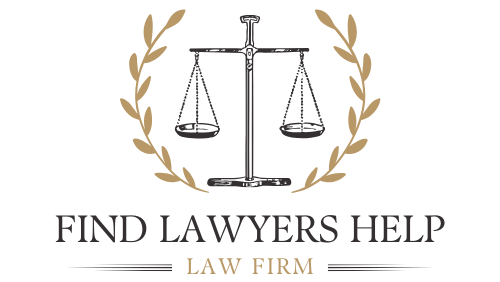
Can You Represent Yourself in Court in NSW? Or Should You Hire a Criminal Lawyer?
Should You Represent Yourself or Hire a Criminal Lawyer in NSW?
When facing criminal charges in New South Wales (NSW), deciding whether to represent yourself or hire a criminal lawyer is a critical choice. Each option has its pros and cons, and understanding these can help you make an informed decision.
Understanding Self-Representation in NSW
In NSW, you have the legal right to represent yourself in court, a process known as “litigating in person.” This means you are solely responsible for understanding the law, following court procedures, and presenting your case effectively. While self-representation may appear cost-effective, it also presents significant challenges.
Advantages of Self-Representation:
- Cost Savings: Avoiding legal fees can make self-representation an appealing option, especially if your case is prolonged.
- Control Over Your Case: You can decide on your legal strategy, arguments, and evidence presentation.
- Direct Involvement: Representing yourself ensures your perspective is communicated without intermediaries.
Challenges of Self-Representation:
- Complex Legal System: NSW’s legal system is intricate, and errors in understanding or applying the law can harm your case.
- Emotional Stress: Handling a criminal case personally can be emotionally overwhelming, affecting your objectivity and performance.
- Higher Risk of Poor Outcomes: Without legal expertise, you may miss opportunities or make mistakes that negatively impact the case’s outcome.
The Benefits of Hiring a Criminal Lawyer
While self-representation is an option, hiring a criminal lawyer in NSW often provides a significant advantage, particularly for complex or serious cases.
Advantages of Hiring a Criminal Lawyer:
- Expert Knowledge: Criminal lawyers are well-versed in legal principles, procedures, and precedents, allowing them to develop effective strategies.
- Objectivity: Lawyers provide a rational perspective, free from the emotional involvement that may cloud your judgment.
- Negotiation Skills: Lawyers can negotiate with prosecutors to reduce charges or secure more lenient sentencing.
- Courtroom Experience: With experience presenting evidence, questioning witnesses, and addressing judges, lawyers enhance your case’s credibility.
- Understanding Legal Consequences: A lawyer can explain the potential outcomes, guiding you to make informed decisions and explore alternative sentencing options.
How to Find the Right Criminal Lawyer in NSW
If you decide to hire a lawyer, selecting the right one is crucial. Here’s a step-by-step guide to help you make the best choice:
- Research and Reviews:
- Look for lawyers specializing in criminal law in NSW with positive reviews and a proven track record.
- Consultations:
- Many lawyers offer free or low-cost consultations. Use this opportunity to discuss your case and evaluate their expertise.
- Ask the Right Questions:
- What experience do they have with similar cases?
- What is their strategy for handling your case?
- How do they communicate and keep you updated?
- Consider Costs:
- Understand their fee structure—whether it’s a flat fee or hourly rate—and ensure it aligns with your budget.
- Check Accreditation:
- Verify that the lawyer is registered and in good standing with the Law Society of New South Wales.
When Hiring a Criminal Lawyer is Essential
Some situations demand professional legal representation due to the complexity or severity of the charges.
Key Scenarios Where a Lawyer is Necessary:
- Serious Criminal Charges: Cases with severe penalties, such as imprisonment, require a lawyer’s expertise to navigate.
- Limited Legal Knowledge: If you lack familiarity with legal procedures, a lawyer can ensure your rights are upheld.
- Complex Cases: Matters involving multiple charges or intricate evidence demand professional handling.
The Middle Ground: Seeking Legal Advice
If you’re considering self-representation but feel uncertain, seeking legal advice can be a practical compromise. Many criminal lawyers offer consultations, providing guidance on your case without requiring full representation. This approach allows you to make informed decisions while maintaining control over your case.
Conclusion: Choosing the Best Path Forward
Deciding between self-representation and hiring a criminal lawyer in NSW depends on your case’s complexity, your understanding of the legal system, and your ability to handle courtroom pressures. While self-representation offers cost savings and control, it comes with significant risks. On the other hand, hiring a criminal lawyer brings expertise, negotiation skills, and a higher likelihood of a favourable outcome.
If you’re unsure about your options, consulting a criminal lawyer in NSW can provide clarity and help you navigate your next steps. Remember, criminal cases carry high stakes, and having the right representation can make all the difference in securing the best possible outcome.
